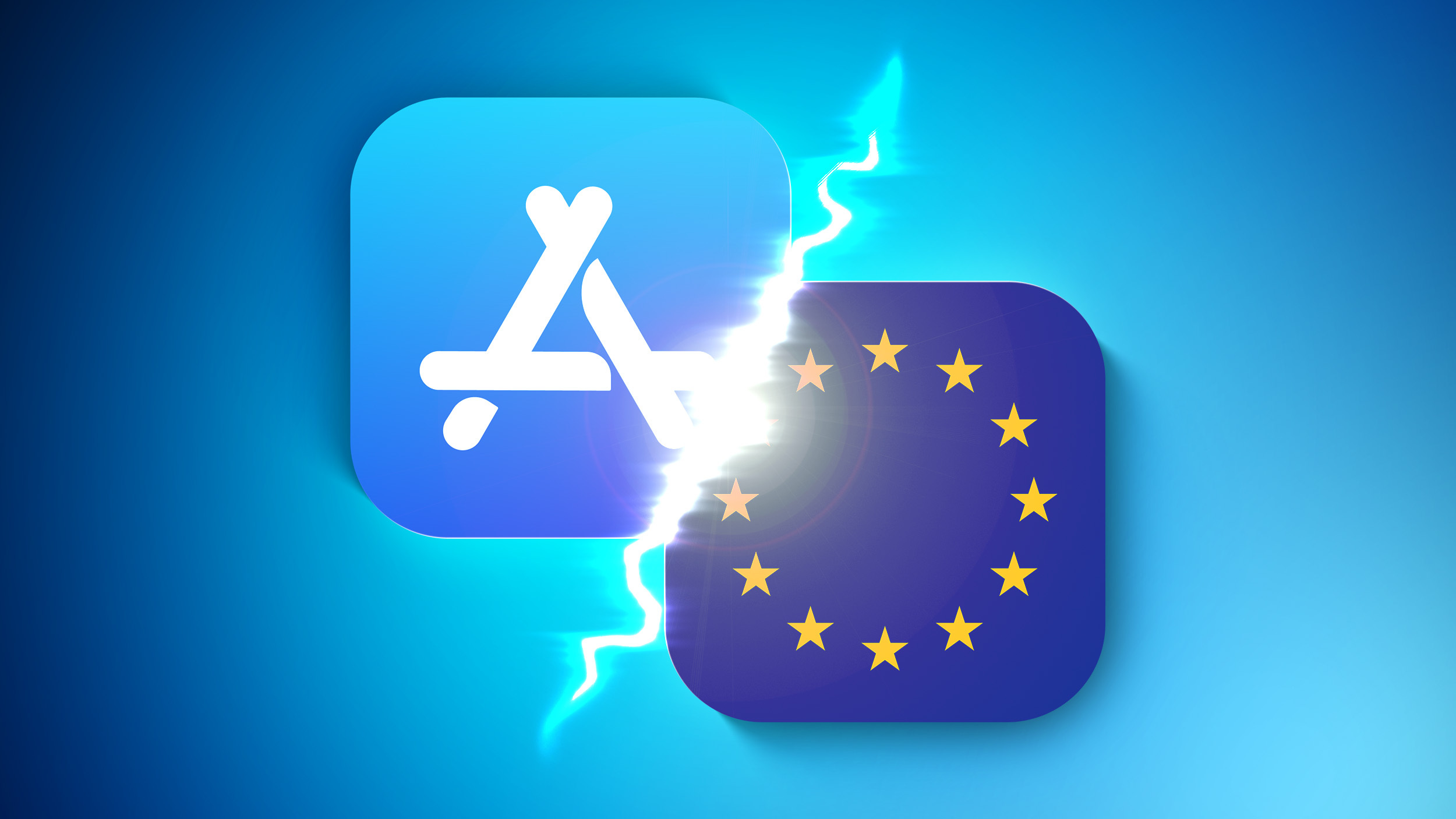
Apple will not face immediate financial penalties from the European Commission if it fails to meet its Digital Markets Act (DMA) compliance deadline on June 26, despite previously receiving a €500 million fine for violations related to the App Store.

The European Commission confirmed to Euronews that financial sanctions against Apple will not be automatically imposed once the company's 60-day grace period expires. The Commission spokesperson said that any further penalties will only follow a formal analysis of Apple's current conduct and a procedural exchange of findings between the regulator and the company.
Apple's grace period began in April 2025 and was part of an enforcement action taken after the Commission fined the company €500 million for breaching provisions of the DMA that require gatekeeper platforms to allow developers to inform users of alternative purchase options outside the platform's ecosystem. According to the Commission, Apple had prevented developers from steering users to alternative offers, thereby limiting user choice and competition in contravention of the DMA.
The DMA designates Apple as a "gatekeeper" platform subject to heightened obligations due to its entrenched market position. The legislation's objective is to promote fair competition and user choice by curbing exclusionary practices in digital markets. Apple, Meta, Alphabet, Amazon, ByteDance, and Microsoft are among the companies formally designated as gatekeepers under the regulation.
If Apple is ultimately found to remain non-compliant after the Commission's review, it may face periodic penalty payments of up to 5% of its average daily worldwide turnover for each day of continued violation. The DMA also allows for single-instance fines of up to 10% of annual global revenue, doubled for repeat offenses.
The European Commission has not provided a timeline for when its preliminary assessment of Apple's compliance will be completed, nor has it indicated when further enforcement actions might be taken. Until such a determination is made, Apple remains under the threat of potential financial penalties, but will not face immediate sanctions. The Commission's approach, as described to Euronews, is part of an "ongoing exchange" rather than a definitive compliance ruling.
Note: Due to the political or social nature of the discussion regarding this topic, the discussion thread is located in our Political News forum. All forum members and site visitors are welcome to read and follow the thread, but posting is limited to forum members with at least 100 posts.
Article Link: Apple Escapes Immediate EU Fines, But Penalties Still Likely

